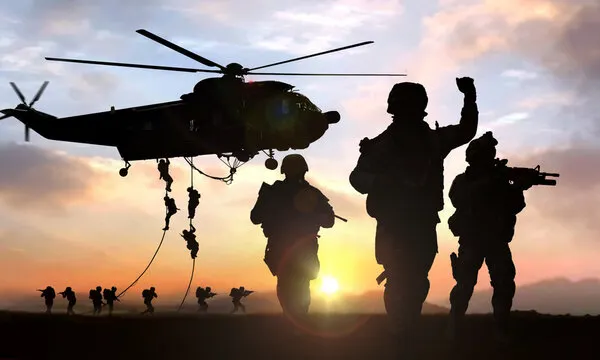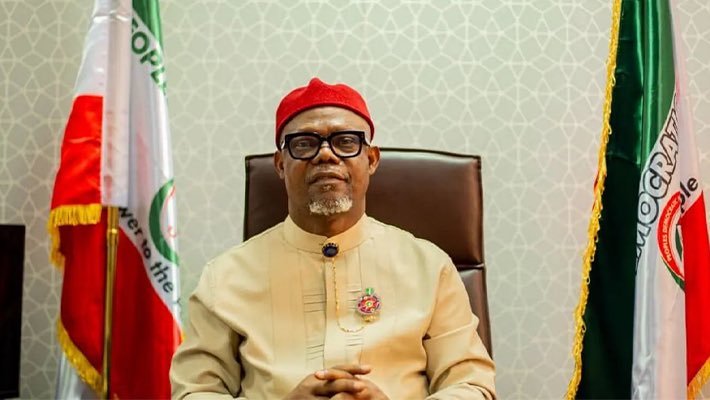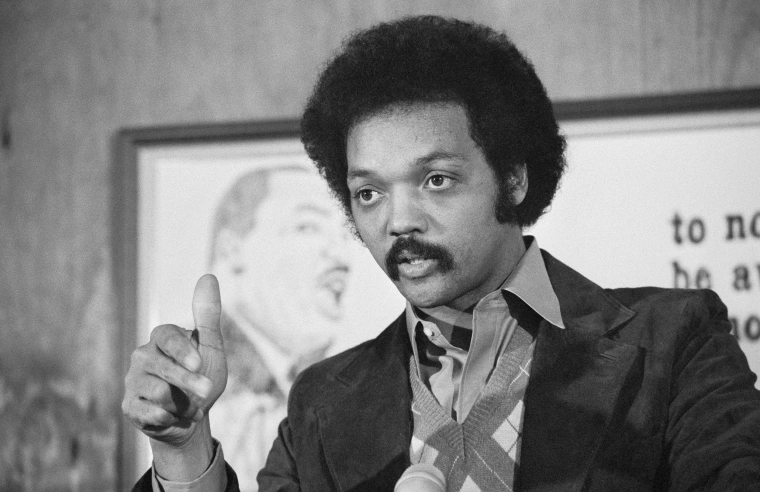The United States military has drawn up detailed contingency plans for possible strikes on Nigeria following a directive from President Donald Trump, who accused the Nigerian government of permitting the “mass slaughter” of Christians.
The accusation has been firmly rejected by Nigerian officials as false and inflammatory.
According to The New York Times, the U.S. Africa Command (AFRICOM) submitted a range of operational options to the Department of War after Secretary Pete Hegseth requested plans for a potential military response.
Also Read:
- Trump Designates Nigeria 'Country of Concern' Over Christian Killings Allegations
- Trump Warns of Potential U.S. Military Involvement in Nigeria Amid Claims of Anti-Christian Violence
- Nigerian Bloodbath: Over 3,000 Christians Slain in 2025, Trump's Invasion Threat Ignites…
- Trump Condemns Killings of Christians in Nigeria, Calls Nigeria Country of Particular Interest
The options, sources familiar with the development said, outline three levels of engagement, heavy, medium, and light, to allow for measured escalation depending on the administration’s chosen course.
Full-Scale Military Action
The “heavy option” is reportedly the most aggressive of the three plans, involving the deployment of an aircraft carrier group to the Gulf of Guinea, off the Nigerian coast. This would enable the U.S. to launch fighter jets or long-range bombers targeting militant strongholds deep inside northern Nigeria. Military planners say such strikes would focus on Islamist insurgent networks responsible for terror attacks across the region.
Officials familiar with the plans cautioned that this option carries serious regional risks and could further destabilize West Africa. The move would represent one of the largest U.S. military operations in sub-Saharan Africa in decades, signaling a sharp escalation in American engagement on the continent.
Drone-Led Precision Strikes
The “medium option” proposes using drone strikes against suspected militant camps, convoys, and vehicles in northern Nigeria. U.S. Predator and Reaper drones can hover for hours, gathering intelligence on movement patterns before striking.
According to The New York Times, U.S. intelligence assets would map targets’ “patterns of life” to enable precise, timely attacks with minimal civilian casualties.
Analysts say this approach could give Washington a flexible tool to pressure Nigerian militants while avoiding the costs and optics of a large troop deployment. However, the closure of key U.S. drone bases in Niger, now occupied by Russian forces, complicates this strategy.
The U.S. military vacated its drone facilities in Agadez and Niamey in August, leaving it without nearby launch points.
Partner-Enabled Operations
The lightest of the proposed options would rely on partner-enabled missions, where U.S. and Nigerian forces collaborate to target Boko Haram and other Islamist groups.
Under this plan, Washington would provide intelligence, logistics, and limited operational support to Nigeria’s military and the State Department would coordinate diplomatic and humanitarian responses.
Officials told The New York Times that the objective of all three options is to “strike Islamist militants in northern Nigeria, protect Christians from armed violence, and end the decades-long insurgency.” Still, experts warn that even limited U.S. involvement risks entangling Washington in Nigeria’s complex security crisis, which is rooted in terrorism, banditry, and communal conflicts.
Trump’s Directive
President Trump’s directive follows months of lobbying by right-wing U.S. lawmakers demanding sanctions against Nigeria for alleged religious persecution. Last week, Trump designated Nigeria a “Country of Particular Concern” (CPC) and suspended arms sales and technical support to Abuja.
“Christianity is facing an existential threat in Nigeria,” Trump said. “The United States cannot stand by while such atrocities are happening there… We stand ready, willing, and able to save our Great Christian Population around the World.” He further warned that U.S. military action would be “fast, vicious, and sweet.”
Nigeria’s government has rejected these claims, insisting that no group is being targeted based on religion. Officials argue that insecurity in the country stems from terrorism and economic hardship rather than religious persecution.
As the U.S. Department of War evaluates AFRICOM’s recommendations, global attention turns to how far Trump will go in translating rhetoric into action. A strike on Africa’s largest economy would have sweeping diplomatic, economic, and regional security consequences.

























